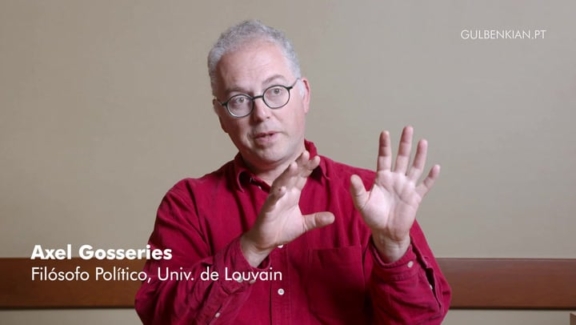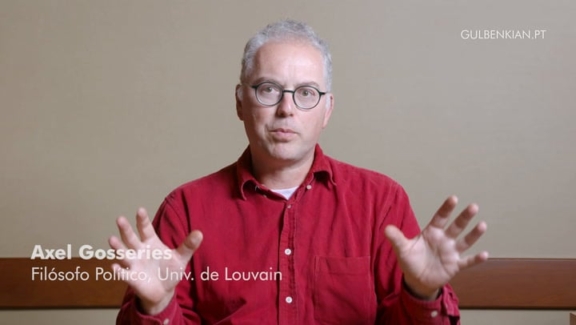Intergenerational fairness
Talking about intergenerational fairness can be complex and ambitious: on the one hand, because the focus is also on covering the rights of people that, in many cases, are not yet born and, for this reason, still don’t have a voice in the public space; on the other hand, because we attempt to counter the usual short-termism in public policies design.
What is fairness between generations?
Before answering this question, it is necessary to discuss the different ethical perspectives and positions regarding the identification of the essential goods, resources, institutions and values that must be protected so they can be passed on to the next generations, to ensure they have the right conditions for human development.
“Challenges to Intergenerational Justice”, based on the original work of Axel Gosseries, Professor at the Catholic University of Louvain.
What is a generation?
When we reflect on Intergenerational Justice, it is assumed we know what a generation is. The idea of a generation can be understood in the light of two distinct concepts: generation as an age group or generation as a group of people born in a specific year or period of time.
“Challenges to Intergenerational Justice”, based on the original work of Axel Gosseries, Professor at the Catholic University of Louvain.
Why should we think about fairness between generations?
Future generations are explicitly guaranteed rights under the Constitutions of Japan, Norway and Bolivia. Why does it make sense to recognise the rights and duties of people that do not (yet) exist?
All human beings – in the past, present and future – deserve to have their dignity
protected and respected. In other words, the principle of equality of dignity for all human beings should be applied not only to the men and women alive today, but also to those born in the future.
“Challenges to Intergenerational Justice”, based on the original work of Axel Gosseries, Professor at the Catholic University of Louvain.

